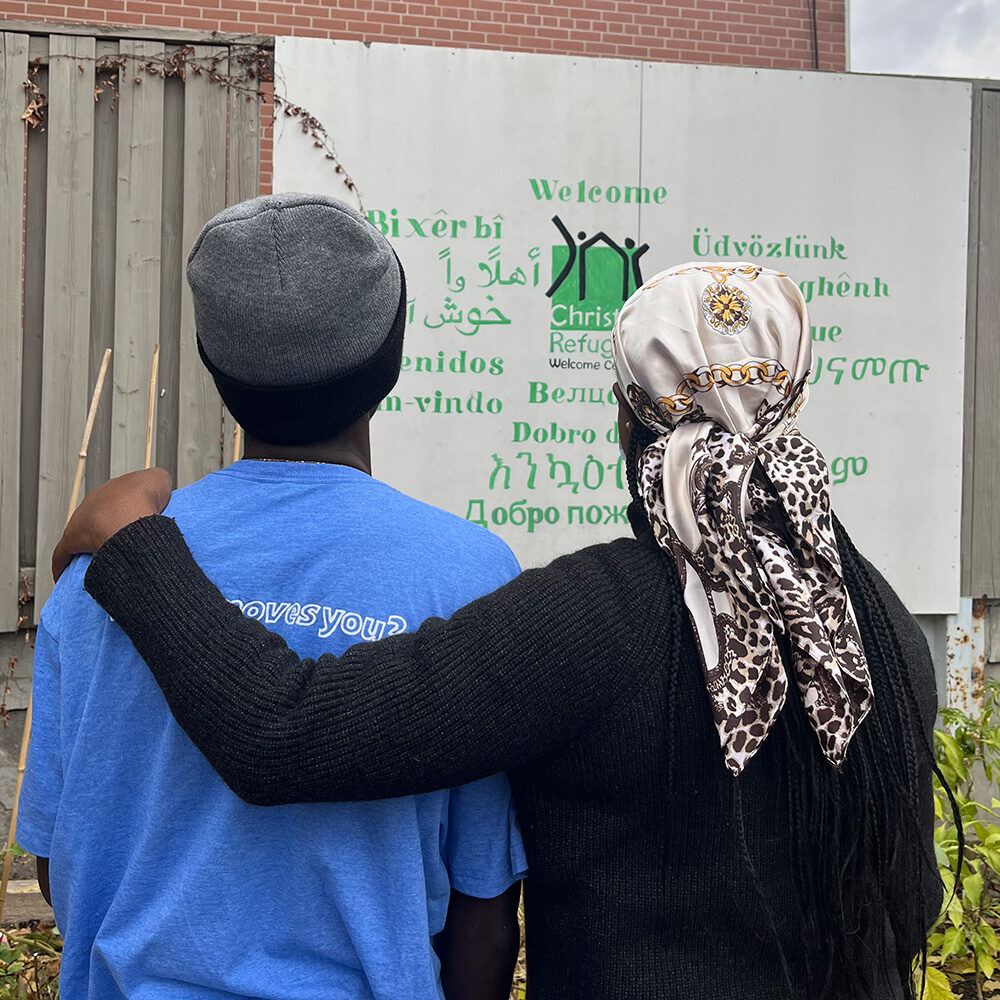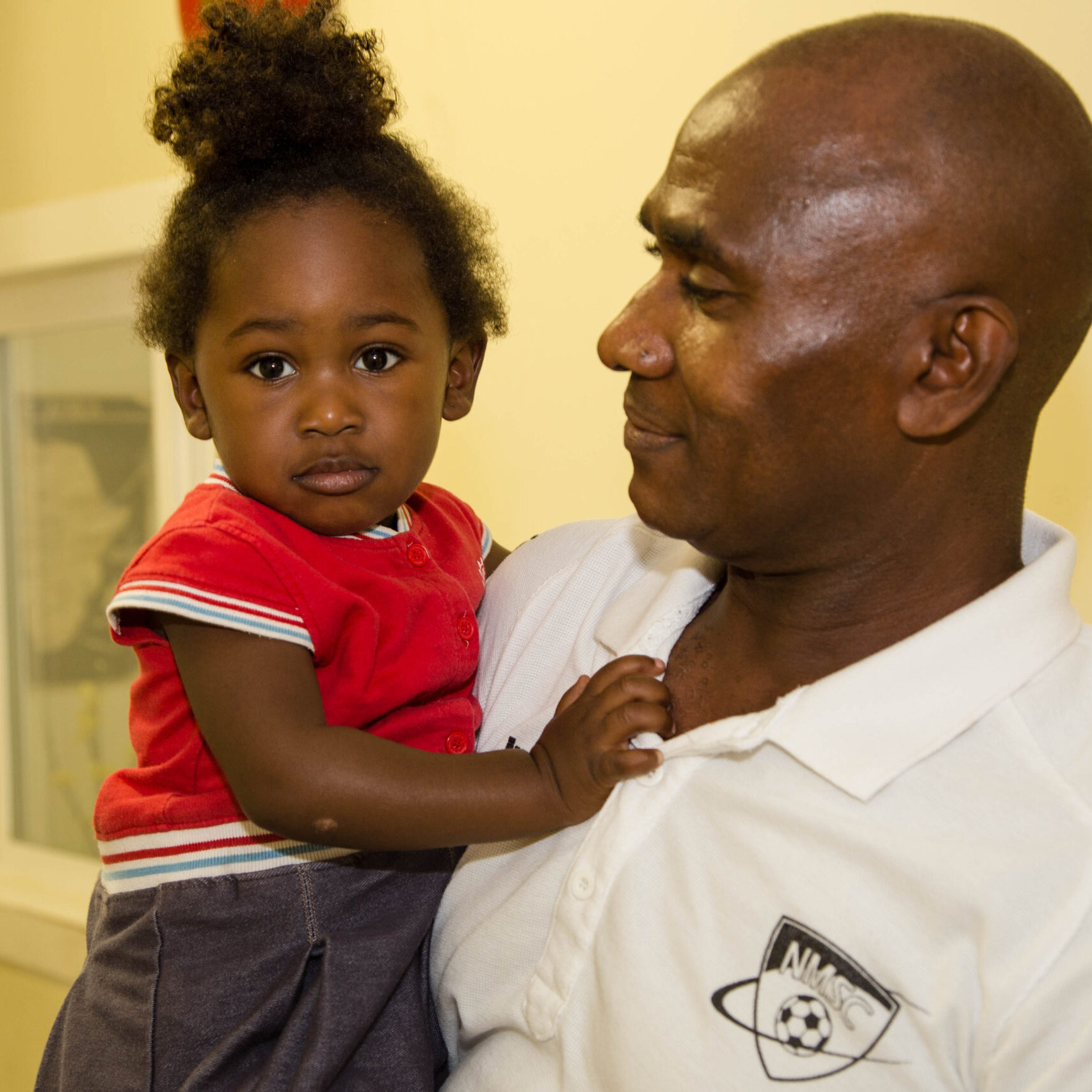Refugee Sponsorship
We no longer sponsor refugees
Every day we are contacted by refugees from all over the world who want to be privately sponsored to Canada.
Please note: We have ended our refugee sponsorship program and have ended our status as a Sponsorship Agreement Holder with the Ministry of Immigration, Refugees and Citizenship Canada. This means we no longer sponsor refugees.
On this page you'll find a little bit more information about how private sponsorship works and how to find someone to sponsor you as a refugee to Canada:
Private Sponsorship
You may qualify for private sponsorship to Canada if you meet the requirements under the Convention Refugee Abroad Class or Country of Asylum Class and if you have a private sponsorship group in Canada.
Refugees often want tips and advice on how to find Canadians who will serve as their sponsors, and the simple answer is that there is no easy way to find a refugee sponsor in Canada. There is no central place where you will find Canadians waiting to privately sponsor refugees, and there are many more refugees who wish to be sponsored than Canadians who are willing to be private sponsors.

If you have a valid Refugee Status Determination then you are eligible to be sponsored by a Group of Five Canadians. A warning that the application process for Groups of Five is complicated and long and it requires significant commitment from a group of at least five people who live in the same city.
Refugees who do not have a valid Refugee Status Determination must be sponsored by a designated Sponsorship Agreement Holder (SAH). Currently, it is very hard to find a SAH with open sponsorship applications as most SAHs have waiting lists that can be a year or more long. However, a list of Sponsorship Agreement Holders by province, along with their contact details, can be found here. You can contact each organization individually to find out if they have any open sponsorship applications.
This detailed guide to Canadian private sponsorship prepared by Immigration, Refugees and Citizenship Canada (IRCC) is also helpful. The Refugee Sponsorship Training Program (RSTP) also provides lots of information about Canadian private sponsorship.
Other Ways Refugees Abroad Can Come to Canada
Here are two other ways that refugees abroad may try to come to Canada.
Unfortunately, there are no easy ways to come to Canada as a refugee.
1. Government Assisted Refugees
Government assisted refugees are those that have been referred to Canada for resettlement directly, usually by the UNHCR. First, you must contact the UNHCR where you are located, if that is an option, so that they can talk with you about why you fled your home country. The UNHCR makes determinations for resettlement on a variety of factors, including the level of vulnerability, safety concerns and whether durable solutions for resettlement are available.
If the UNHCR refers you directly to the Canadian visa office, you might be considered for refugee resettlement in one of two categories: (1) the Government Assisted Refugee (GAR) program, in which the Canadian government pays for the cost of your settlement to Canada for the first year, or (2) through BVOR (Blended Visa Office Referred Program), in which the Canadian government and private sponsors share the costs of resettlement.
2. Immigration as a Skilled Worker
If you qualify, it may be possible to immigrate to Canada as a skilled worker or through one of the other programs open to qualified candidates. We cannot provide information or advice on these pathways, but you can find further information here.

